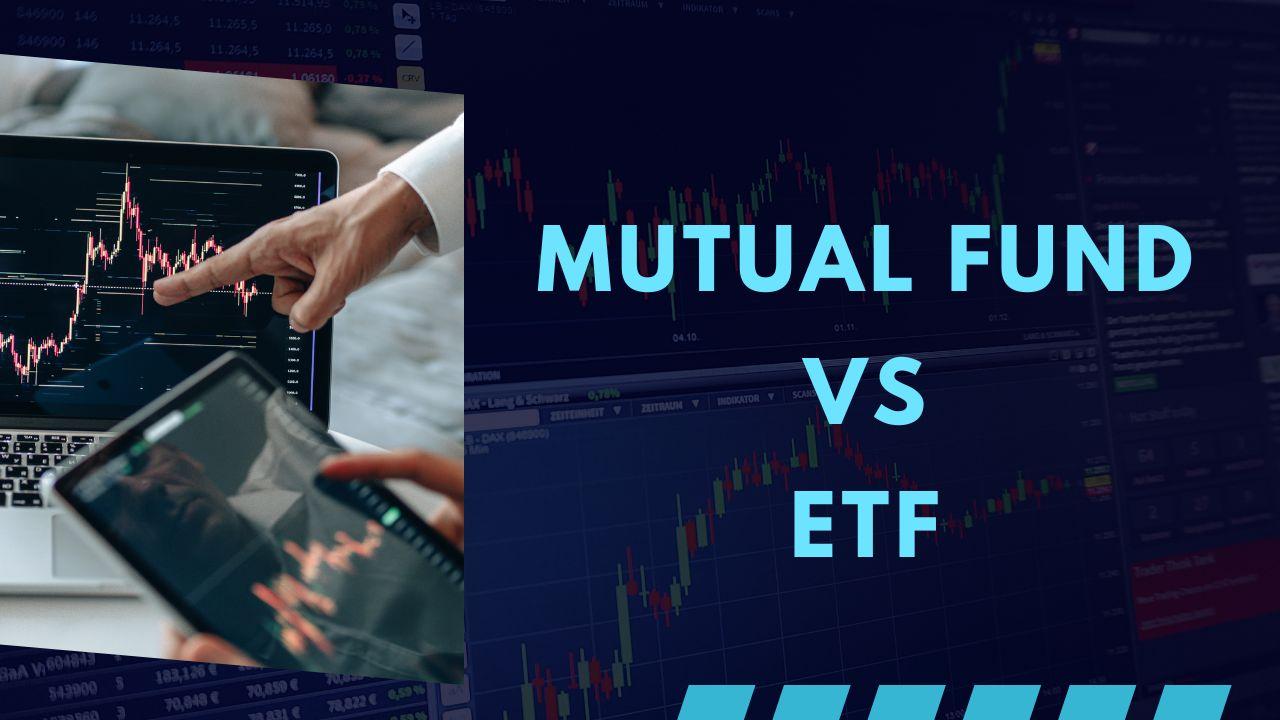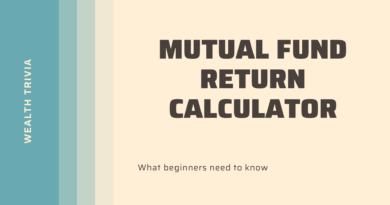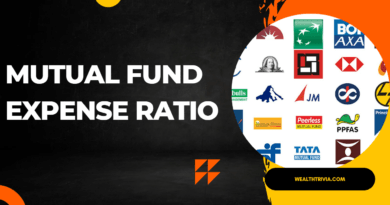Mutual Fund Vs Etf
Mutual Fund Vs Etf
Exchange Traded Funds (ETFs) and mutual funds are typically recommended by financial advisors whenever investors are wanting to invest their money. Mutual funds and ETFs both have some similarities. However, there are several significant different that define ETFs and mutual funds apart. They both possess a wide range of different assets. Additionally, they provide a typical way for investors to diversify their holdings. We’ll go into detail about Mutual Fund Vs Etf in this article.
What is ETF?
Exchange Traded Funds (ETFs) are index-replicating passive investment products. In other words, an ETF’s portfolio replicates an index’s structure to a certain extent. ETFs monitor an index’s performance. As a result, a portfolio manager does not actively manage them. Additionally, these funds don’t try to outperform the corresponding index.
On a stock exchange, buying and selling ETFs is simple. Throughout the day, the ETF’s price may change. The underlying assets’ or stock’s’ net asset value is used to calculate the market price.
ETFs come in a variety of forms. Among them are gold ETF, bond ETF, stock ETF, inverse ETF, commodity ETF, and current ETF.
What is Mutual Fund?
A professionally managed financial instrument is a mutual fund. It combines funds from many investors. Stocks, corporate bonds, government bonds, and money market instruments are some examples of the securities in which the money pooled is invested.
The mutual fund is managed by an asset management firm. Gathering funds from investors is the first step. Mutual funds use this pooled capital to invest in a variety of asset types, including stock, debt, money market instruments, and other funds, to create a portfolio. As a result, diversification through mutual funds benefits investors. Mutual funds, for instance, buy government bonds. It becomes increasingly difficult for a normal investor to afford such expensive bonds.
A group of experts and fund managers choose each investment to create a portfolio for a mutual fund. The fund manager makes investment choices in accordance with the mutual fund’s goal. A mutual fund is a fund that is actively managed by a fund manager. Mutual fund investments have the advantage that stock market investments involve a lot of effort and investigation. Investors don’t have to bother about researching the stock market as a result.
The price fluctuation of the underlying assets affects the market value of the portfolio. The portfolio value is calculated by dividing the total net assets by the quantity of outstanding units. The term for this is net asset value (NAV). A greater NAV reflects portfolio profits, whereas a lower NAV denotes a decrease in the value of the portfolio.
Mutual funds can be broadly divided into three categories: hybrid funds, fixed-income funds, and equity funds. A fund that primarily invests in stocks of companies is called an equity fund. A debt fund, often called a fixed income fund, makes debt securities investments. A hybrid fund, on the other hand, makes different percentages of investments in both equity and debt securities.
Which one to Choose between ETFs and Mutual Funds?
ETFs and mutual funds, two investment options, both assist investors in creating diverse investment portfolios. But there are a lot of things to think about before selecting a fund. The factors are,
- Risk tolerance of the investor
- Time horizon of investors
- Investors’ financial objectives
- The plan to reduce taxes
- Investment liquidity
After focusing on the abovementioned list, the investor can decide whether to invest in mutual funds or ETFs based on their needs. Some investors prioritise liquid investments over long-term investments. Exchange Traded Funds (ETFs) provide greater flexibility and superior short-term returns. Mutual fund investors, on the other hand, are required to hold their investments for a longer duration, which enables them to build a corpus for the future. The choice of whether to invest in a mutual fund or an ETF is up to the investor, who must consider all the options.
Before deciding to invest in an ETF, there is one more useful thing to consider. To invest in an Exchange Traded Fund in India, a person needs have a demat account or a trading account. ETFs are not suitable for investors who are not comfortable at opening a demat account or a trading account. However, using index funds, investors can opt to invest in passively managed indices. A form of mutual fund strategy called index funds imitates the portfolio structure of a market index. An investor may, for instance, decide to put money into an ABC ETF Nifty 50 index fund managed by a fund house.
Conclusion
ETFs and mutual funds have very similar characteristics. To create a diverse portfolio, an investor might combine different financial products wisely and healthily. However, they must be aware of how each of these funds operates as an investor. Investors must also evaluate the market dangers they are prepared to accept. Before making an investing decision, it is also a good idea to speak with a financial expert.
Also Read – Best Book For Investment In Share Market
Also Read – Best Intraday Trading Strategies



